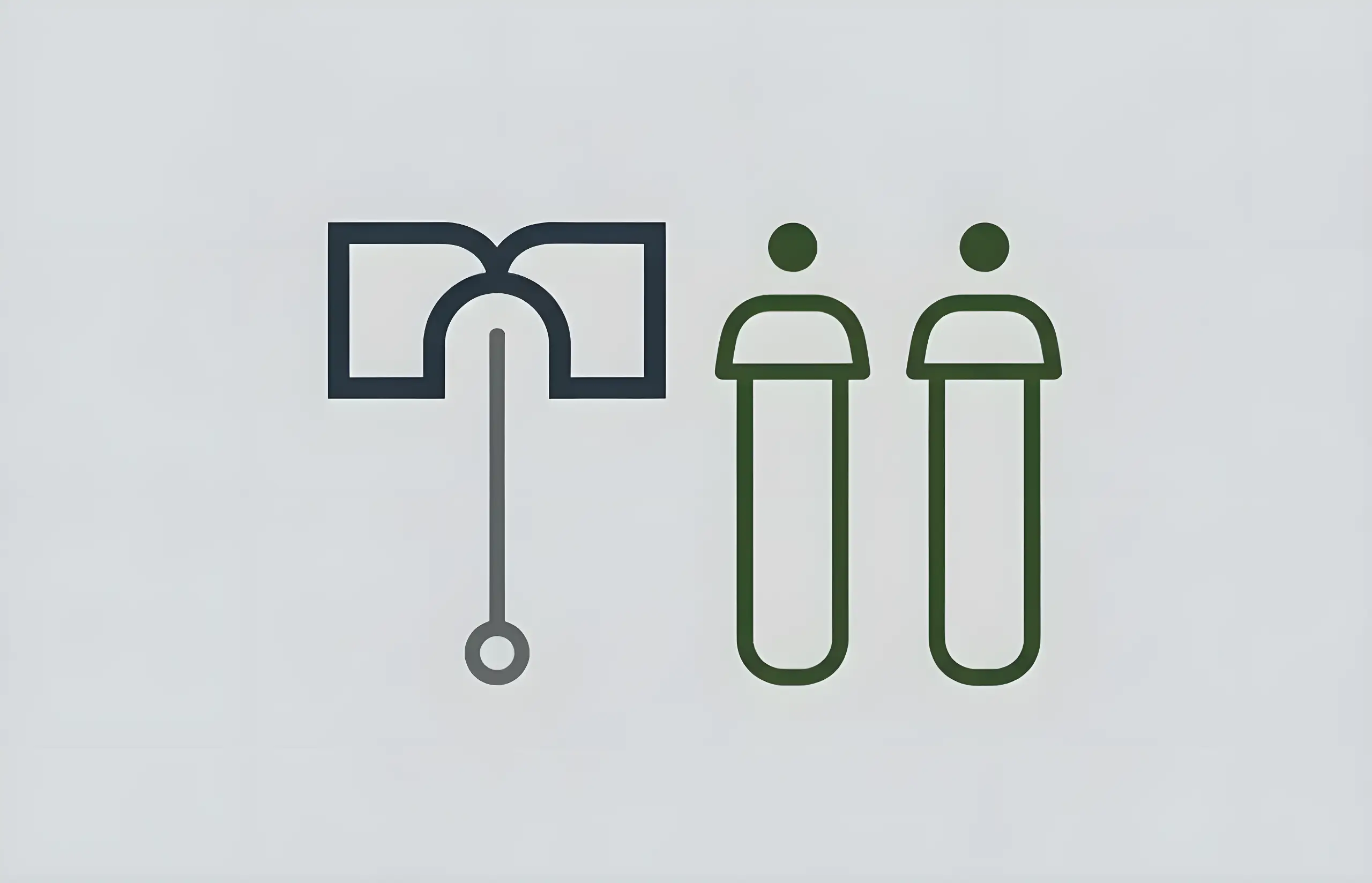If you have to replace a tooth, you may be mulling your options. You can either replace the tooth with a bridge or a dental implant. Now the dental implant requires a small procedure where the dental professional will drill into the gum line and jawline and insert a small screw, then attach the new tooth to that. The bridge is much less invasive and can be accomplished with little hassle.
Why Choose a Bridge?
The bridge is the cheaper option by far. It costs much less because it takes less time to put in. There is a lot less work involved in sticking a bridge between your teeth, and the prep work isn't as intensive either. If you only have a small space between your teeth, then a bridge may be your only option. A full dental implant may not even be possible in some situations.
Since it takes less time to insert, there is a lot less hassle for you. You can be in and out of the doctor's office quickly, with little fuss and probably no pain at all. There is also much less chance that your mouth will swell up.
Overall, it is a much less complicated process. There just simply isn't as much that needs to be done. It is perfect for people on a budget.
Why Choose an Implant?
But ultimately, the bridge is going to be a temporary fix. It will likely need to be replaced at some point as it relies on the surrounding teeth for support. It isn't connected to the gum line or jawline, so it isn't really held in by anything other than the two teeth around it. Once those two start to fail, then the bridge will become useless.
The bridge can also cause you some problems when you eat. Food can get stuck underneath it, and it won't function quite like a normal tooth will. It will also be harder to brush and floss around the bridge.
The implant may be a little bit of a hassle, but it is definitely worth it. The extra cost and effort it takes to put the implant in will pay off with a long-lasting false tooth. It will be incredibly secure and give you very few problems over time. In fact, your implant may never need to be repaired or require any maintenance.
Implants can also be useful for replacing more than one tooth at a time. Bridges are better suited to filling in small gaps or replacing a single tooth, but implants are almost always required when more than one tooth is missing in a row.
If you aren't sure which one is right for you, then consult with your dental professional. Consider the cost, of course, as your insurance may not cover the implant since it is more expensive. But also consider that the bridge is more likely to break down and need some work at some point if you have it for very long. If at all possible, the dental implant is the way to go.
Sources and References
-
[1]
Long term clinical performance of 10 871 dental implants with up to 22 years of follow‐up: A cohort study in 4247 patientsClinical Implant Dentistry and Related Researchhttps://pmc.ncbi.nlm.nih.gov/articles/PMC8359846/
-
[2]
Implants versus short-span fixed bridges: survival, complications, patients' benefits. A systematic review on economic aspectsClinical Oral Implants Researchhttps://pubmed.ncbi.nlm.nih.gov/23062127/
-
[3]
Cost-effectiveness of Anterior Implants versus Fixed Dental ProsthesesJournal of Dental Researchhttps://pmc.ncbi.nlm.nih.gov/articles/PMC3860069/
-
[4]
Comparison of survival and complication rates of tooth-supported fixed dental prostheses (FDPs) and implant-supported FDPs and single crowns (SCs)Clinical Oral Implants Researchhttps://pubmed.ncbi.nlm.nih.gov/17594374/
All sources accessed and verified on . Medical information reviewed for accuracy and compliance with current guidelines.
Related Articles
About The Dental Guide
The Dental Guide is a trusted online resource providing evidence-based information about dental health, treatments, and procedures. Our content is created and reviewed by qualified dental professionals to help you make informed decisions about your oral health.
Our Mission
- Evidence-based dental information
- Expert-reviewed content
- Clear, accessible explanations
- Latest treatment options
- Patient-focused guidance
Editorial Standards
- GDC-registered dental professionals
- Peer-reviewed sources
- Regular content updates
- Medical accuracy verification
- Transparent authorship
Important Notice
The information on The Dental Guide is for educational purposes only and should not replace professional dental advice. Always consult with a qualified dentist for diagnosis and treatment recommendations tailored to your individual needs and circumstances.
Medically Reviewed
Reviewed by Dr. Nasim Mechoui , BDS (Bristol)
Share this article
Comments & Discussion
Have questions about dental implants? Share your thoughts or experiences.

